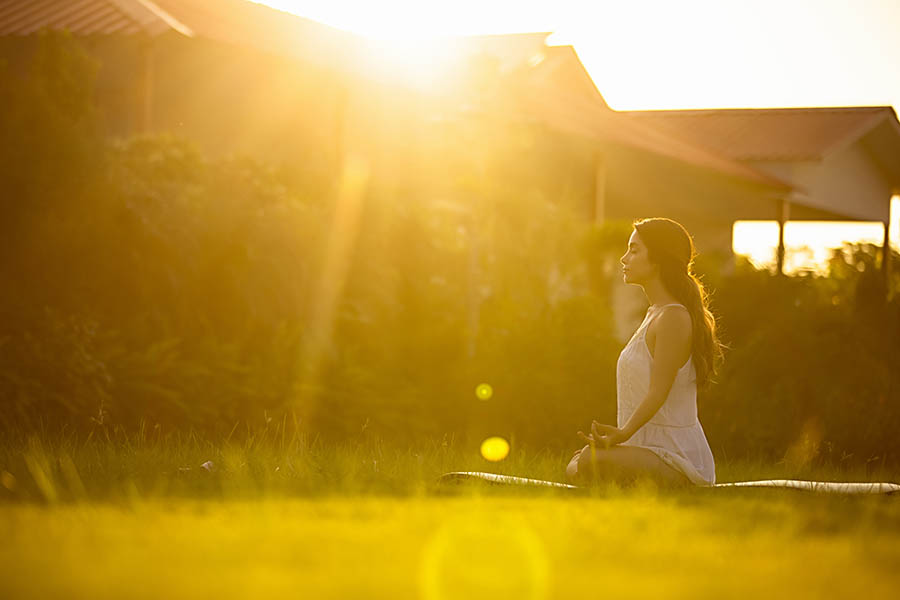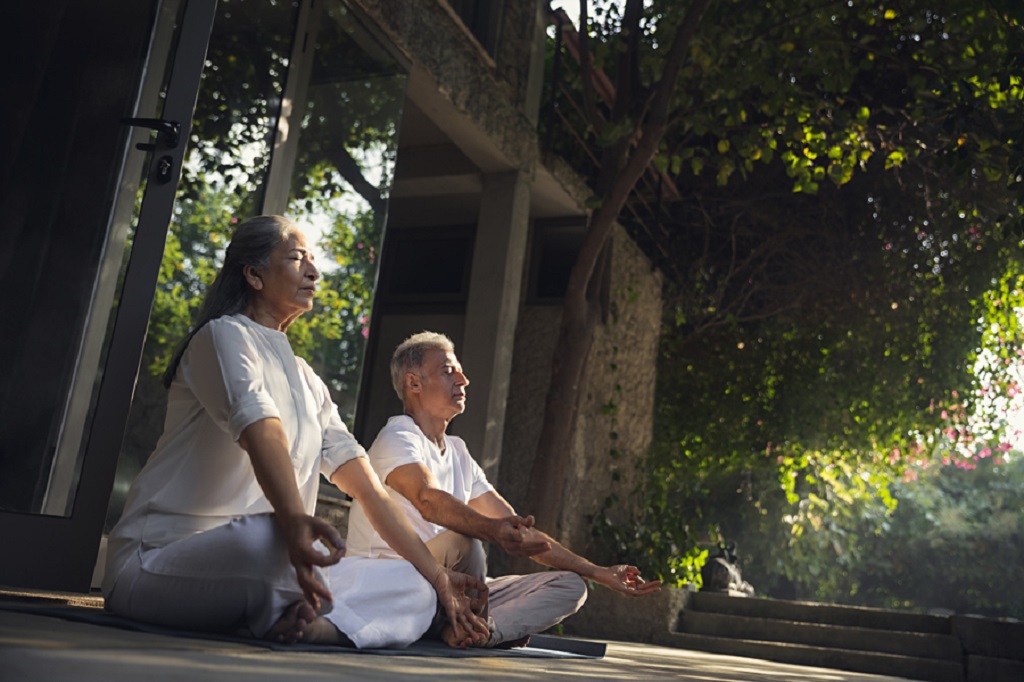
24 Aug What Happens After 10 Minutes of Meditation?
In the hustle and bustle of our modern lives, finding moments of peace and tranquility can feel like an elusive quest. The demands of work, family, and everyday responsibilities often leave us feeling overwhelmed and disconnected. But what if I told you that just happens after 10 minutes of meditation each day could be the key to unlocking a world of calm and clarity? In this article, we’ll delve into the fascinating journey that unfolds within your mind and body after just a short meditation session. This article is presented by Charlestonteaparty.org.
The Journey Within: 10 Minutes of Meditation Unveiled
Hitting Pause on the Chaos:
Picture this – you find a quiet corner, sit down, close your eyes, and take a deep breath. Those first few moments are like pressing the pause button on a fast-paced movie. As you settle into your meditation practice, your mind begins to let go of the racing thoughts and external distractions. It’s a small act of self-care that opens the door to immense possibilities. Discover what happens after meditation.
A Mindful Connection:
Meditation isn’t about silencing the mind; it’s about observing its fluctuations without judgment. After just a few minutes, you start to notice your breath – the rise and fall of your chest, the sensation of air passing through your nostrils. This heightened awareness brings you into the present moment, fostering a stronger connection with yourself.
Easing into Stillness:
Around the 5-minute mark, something magical happens. Your body begins to relax, and your mind follows suit. It’s as if the weight of your worries starts to lift, and you’re gently guided into a state of stillness. Tension in your muscles subsides, and the knots of stress begin to unravel.
The Dance of Neurochemistry:
As you continue meditating, your brain’s neurochemistry starts to dance. The brain releases a cascade of calming neurotransmitters like serotonin and gamma-aminobutyric acid (GABA). These chemicals work in harmony to reduce anxiety and promote an overall sense of well-being.
Exploring Inner Landscapes:
Around the 8-minute mark, your mind enters a state of heightened creativity. It’s like taking a stroll through the landscapes of your imagination. Insights arise, solutions to problems become clearer, and you tap into the boundless potential of your mind.
Cultivating Emotional Resilience:
By now, your heart rate has slowed down, and your body is enveloped in a sense of peace. Your emotional resilience gets a boost as the brain’s amygdala – the hub of fear and stress – takes a backseat. This makes room for the prefrontal cortex to shine, enhancing emotional regulation.
The Final Moments:
As you approach the 10-minute mark, you gently start to bring your awareness back to the present. Do I feel energy when meditating? becomes a curious question as your meditation session concludes in a moment of gratitude and self-appreciation, leaving you with tangible effects that might hold the answer.
Conclusion
In a world that values constant action and achievement, the idea of sitting still for 10 minutes might seem inconsequential. However, the journey you embark on during those 10 minutes is anything but insignificant. It’s a journey towards self-awareness, emotional balance, and a deeper connection with the world around you. So, the next time you’re tempted to bypass that 10-minute meditation, remember that within those moments lies a universe of tranquility waiting to be explored.
Frequently Asked Questions
- Can I meditate for longer than 10 minutes?
Absolutely! While 10 minutes can provide noticeable benefits, longer meditation sessions can lead to even deeper states of relaxation and introspection.
- Is meditation a religious practice?
Meditation has roots in various spiritual traditions, but it can be practiced by anyone, regardless of their religious beliefs.
- Can meditation help with stress and anxiety?
Yes, meditation is known for its ability to reduce stress and anxiety by promoting relaxation and mindfulness.
- Do I need special equipment to meditate?
No, meditation doesn’t require any special equipment. All you need is a quiet space and a comfortable place to sit.
- How often should I meditate?
Consistency is key. Even meditating for 10 minutes a day can yield positive results, but you can adjust the frequency based on your preferences and schedule.



No Comments